A group of convicted felons meet each other at a police line-up, and agree to undertake a violent robbery. They then find themselves in the grips of the anonymous gangster Keyzer Söze, and are blackmailed into undertaking a near-suicidal mission.
The Usual Suspects is a cleverly constructed puzzle of a film, and as such any discussion of its development and production will spoil the enjoyment of watching the film for the first time. If you have never seen The Usual Suspects, and you absolutely should see it, I implore you to skip this essay until you have watched the film.
Films have many authors: actors, directors, writers, producers, designers, and so on. In the case of The Usual Suspects it really is ultimately the work of two men: director Bryan Singer and screenwriter Christopher McQuarrie. The pair grew up together in New Jersey, one year apart at the same primary school. As children they would muck about with home movie cameras making their own films with a friend from school, future movie star Ethan Hawke.
Singer and McQuarrie came to The Usual Suspects as a tightly-knit creative unit. They had already collaborated on Public Access, a low budget feature film shot in 18 days on film stock they bought cheaply when it was left over from Bram Stoker’s Dracula and Hoffa. While Public Access screened at the 1993 Sundance Film Festival (it later won the Grand Jury Prize), McQuarrie was asked what his next screenplay would be about. He recalled the title of an article in Spy magazine, “The Usual Suspects” (itself named after a line in Casablanca), and improvised the idea of a gang of criminals who would meet at the police line-up. Some weeks later Bryan Singer called him from Japan, where he was promoting Public Access, and asked him to begin developing his Usual Suspects concept into a screenplay.
McQuarrie wrote the script while working in the copy room of a Los Angeles law firm over a five month period, and even named one of his characters after one of the lawyers who worked there: Keyser Sume. He later changed the character’s surname to Söze at the real Keyser’s request. He pulled plot elements and character names from a notice board in the office – a technique he ultimately inserted into the film. A previous job in a private detective firm informed McQuarrie’s script: ‘I learned in detective work that everyone is a liar,’ he said. ‘They all have these great stories and they are all liars.’[i]
Once the screenplay was complete McQuarrie sent it to Singer, who enthusiastically shopped it around Hollywood. ‘The entire universe passed,” said McQuarrie. ‘All the studios, all the independents. No one got it.’[ii] Ultimately The Usual Suspects was independently funded on a $6 million dollar budget and distributed by Polygram Filmed Entertainment and Gramercy Pictures. The tightly scheduled film shoot was set for 35 days.
In 1993 Kevin Spacey was a jobbing actor moving from part to part in film and theatre. He had played a small role in Mike Nichols’ Working Girl, and received considerable acclaim for a lengthy story arc in the TV drama Wiseguy. He saw Public Access at a Director’s Guild of America screening and personally contacted Bryan Singer to offer his services on any future film he might direct. Spacey was surprised to discover that Christopher McQuarrie had written The Usual Suspect’s key character Verbal Kint with him in mind: McQuarrie was a Wiseguy fan and had seen Spacey’s performance.
Spacey said: ‘I was attracted to The Usual Suspects because of its director, its writer, and because so many things that that movie said to me were beneath the surface. It’s a great thriller or mystery, but on another level it’s a film about the fact that, if you only look at a person through one lens, or only believe what you’re told, you can often miss the truth that is staring you in the face.’[iii]
‘Bryan Singer’s leadership created a special environment on The Usual Suspects,’ he noted, ‘but none of us were entirely sure the movie would make sense. Chris McQuarrie’s script was complex and admirable, but it was confusing.’[iv]
The film’s independent financiers demanded that the film feature at least a few well-known faces, and Singer worked hard to attract famous talent for the other roles. He was rejected by almost all of them: Tommy Lee Jones, Jeff Bridges, Charlie Sheen, James Spader and singer/songwriter Johnny Cash were all approached, and all turned Singer down. Al Pacino briefly circled playing the role of Customs Service agent Dave Kujan, but ultimately passed on the project. He later cited it as the single movie he regretted turning down.
Singer managed to secure the services of actor Chazz Palminteri, then hot in Hollywood thanks to acclaimed performances in A Bronx Tale and Bullets over Broadway. Palminteri signed onto The Usual Suspects with one condition: due to other commitments, he was only available for one week.
Kevin Spacey personally approached Gabriel Byrne at a party, but initially failed to persuade him to consider the film. Byrne later met with Singer and McQuarrie and, intrigued by their vision for the project, tentatively agreed to play the leading role of Dean Keaton. In order to secure Byrne’s services, Singer agreed to restrict the film shoot to only five weeks in Los Angeles – where the actor lived. ‘Gabriel plays a villain,’ explained Singer, ‘who’s trying to get out of the game. He’s beaten down. He’s a guy who hasn’t been able to find what he’s looking for and that’s a lot like what Gabriel is as an actor. Gabriel’s had a series of bad experiences with his acting.’[v]
Michael Biehn (The Terminator, Aliens) initially agreed to play the role of McManus, but a scheduling conflict with William Friedkin’s Jade forced him to pull out. He was replaced by Stephen Baldwin (Threesome).
Kevin Pollak signed on as Todd Hockney after beating two other actors in an audition. Benicio del Toro refused to audition for the role of Fred Fenster, and simply begged Singer for the part. The actor came with a strong recommendation from Kevin Spacey after the pair had co-starred in Swimming with Sharks. ‘Benicio came in,’ said Singer, ‘and said, “I’m a really terrible audition.” He said, “On the day, I’ll bring you a character. If you like it, we do the character. If you don’t like it, we do another character.” And I was like, “We’re shooting in three weeks, so I hope I like the character!”’[vi]
Other actors signed onto the production included Dan Hedaya (Clueless), Pete Postlethwaite (In the Name of the Father) and Suzy Amis (Fandango, Blown Away).
With a short shooting schedule and a comparatively low budget, Bryan Singer set about finding ways to make the greatest impact possible. ‘After about nine drafts,’ he said, ‘the script got to a stage of complexity where I thought, “How can I open this up?” One, shoot in ‘Scope and literally open the screen up; two, cast actors who are different and striking; three, create a rich, thematic score; four, create images that are iconic; and five, have a narrator.’[vii]
Verbal’s interrogation by Agent Kujan was the first sequence shot in the film. The scenes were recorded over a five-day period to accommodate Palminteri’s schedule. Director of photography Newton Thomas Sigel said: ‘Bryan and I developed a way of shooting dialogue scenes with a combination of slow, creeping zooms and dolly moves that ended in tight close-ups.’[viii]
When the film’s lead cast were united to perform the opening police line-up scenes, Benicio del Toro played Fenster with a deliberate and near-incomprehensible mumble. His co-stars initially complained that they couldn’t understand his lines, but Singer simply encouraged them to improvise around it. Del Toro’s bizarre delivery of the line ‘Hand me the keys, you fucking cocksucker’ – and the actor’s repeated flatulence – proved too much for the cast, and they consistently failed to perform the scene with straight faces. After doing his best to get the scene back on track, a frustrated Singer made do with what he had – and the sniggering, light-hearted sequence is visible in the finished film.
A mishap occurred during one night shoot when the character Redfoot (Peter Greene) was supposed to flick a lit cigarette into McManus’ chest. Greene accidentally flicked the cigarette into Stephen Baldwin’s eye instead. Baldwin’s panicked reaction also remains in the finished film.
To ensure that the film’s twist was as surprising as possible, Bryan Singer persuaded several of the lead actors that their characters were really Keyzer Söze. ‘I remember when we screened it for the company of actors,’ recalled Kevin Spacey, ‘Gabriel Byrne was stunned that he wasn’t Keyser Söze. Went out into the parking lot and had an argument with Bryan Singer. For a half an hour.’[ix]
The Usual Suspects was completed after a 35 day shoot that incorporated two days of shooting in New York. The final production budget was approximately $5.5 million dollars.
Gramercy Pictures launched the film with an advertising campaign focused on Keyzer Söze – partially because nobody who read the name seemed to know how to pronounce it. ‘A lot of people were having problems with this Keyzer Söze thing,’ said Gramercy’s Senior Vice-President of Marketing Steven Flynn, ‘you wouldn’t believe how many pronunciations I got.’[x]
If The Usual Suspects is anything at all, it is a film that demands the viewer watches it twice. ‘If you see the movie again,’ Singer once said, ‘you see all these little things that you didn’t see before. It’s specifically designed that way.’[xi]
It is a film focused upon an unreliable narrator. In a blindsiding last-minute twist, we learn that Verbal Kint – who has spent the entire film recounting to Agent Kujan his team’s misadventures working for the elusive Söze – is actually Söze himself. His story has been improvised from a pin-up board that was on the wall behind Kujan for the whole movie. The climactic twist is stunningly constructed, because the film is positively littered with clues as to Söze’s true identity. One major example is seen during the climax: every point-of-view shot from Söze’s perspective is immediately preceded by a shot of Verbal. Then there’s Verbal’s possessions, returned to him immediately before he leaves the police station. Both the gold watch and cigarette lighter were seen in Söze’s hands earlier in the film. Finally there’s the name: Söze is Turkish for ‘verbal’, a clever touch that did rather spoil the film for movie audiences in Turkey.
Let’s take a step back, however, because if Kint is Söze, and if Kint has been lying to Kujan for the entire film, then nothing outside of the police station and the hospital (where the last surviving witness of Keyser Söze lies in critical condition) can be assumed to be true. This includes conversations, motivations and even characters – we only have Kint’s word, for example, that the lawyer Kobayashi even exists. If you think about it, we only have Kint’s word that Fenster is dead. Söze is such an urban legend that it’s not out of the question that Kint has simply used the name as cover for his own criminal enterprise. Who is Keyser Söze? It’s theoretically possible that, even with Singer’s twist ending, that no one is.
It’s important to acknowledge that not even the writer and director of the film agree on what is true in the film and what’s not: ‘I have a theory,’ Singer said in one interview. ‘Unfortunately, it differs from Chris’ theory – and he’s the writer.’[xii]
Such a game-changing ending could potentially derail an entire movie. It is, after all, a very complicated version of “and it was all a dream”. We engage with the characters, we avidly follow the plot, and we get the rug swept out from under our feet in return: what we saw never really happened, or if it did happen, it didn’t happen that way.
What saves the film is the strength of the performances. Despite being widely considered a supporting actor to Gabriel Byrne’s lead, Kevin Spacey dominates The Usual Suspects. Verbal is complicated, nuanced, funny, tragic, more than a little pathetic, and – of course – not actually true. His performance is well balanced against Chazz Palminteri, who dominates their scenes in such a manner as to direct suspicion away from Verbal and onto Keaton.
It’s easy to suspect Keaton is Keyser Söze because Byrne has played him in such an ambivalent manner (likely because, as noted earlier, Byrne genuinely believed Keaton was Söze when he played the part). It’s a very strong, likeable performance in a film desperately short of likeable people. Stephen Baldwin, Kevin Pollak and Benicio del Toro all give life to their characters. Together, along with Spacey and Byrne, they form a genuinely tight, believable ensemble.
If there’s a weak link among the cast, it is Pete Postlethwaite. He’s usually exceptional. Steven Spielberg once described him as ‘probably the best actor in the world’.[xiii] For some reason he plays Kobayashi (a Japanese name) in thick brown make-up as a Pakistani. It’s a fairly offensive thing for Bryan Singer to include in the film, and for some weird reason it often slips by without a comment when critics praise the film’s more worthy merits. This is 1995: if Singer wanted a Pakistani for the role he should have cast a Pakistani actor. Using Postlethwaite liberally coated in dark make-up insults Pakistanis, Postlethwaite himself and the entire audience. It’s a bizarre and glaring misstep in an otherwise near-faultless movie.
The Usual Suspects remains Bryan Singer’s best film. Later works have either been competent and broadly enjoyable, notably his films X-Men and X2, or mostly excellent with some critical compromises that prevent them from being quite as effective as they should: Apt Pupil, Valkyrie, Superman Returns and Jack the Giant Slayer. In 2014 he retreated back to the comparative safety of the X-Men franchise he started, and he’s set to return there in 2016.
Christopher McQuarrie has been less prolific than Singer, but did write and direct two very underrated films: The Way of the Gun (2000) and Jack Reacher (2012). At the time of writing he is directing Mission: Impossible 5 for a late 2015 release.
In the end the one who benefitted the most from The Usual Suspects was Kevin Spacey. He started 1995 as a comparative unknown with audiences. He ended it with an Academy Award for playing Verbal, and rave notices for performances in Outbreak, Seven and Swimming with Sharks – all released in the same year. He went on to become one of the most popular and acclaimed actors in Hollywood, appearing in A Time to Kill (1996), L.A. Confidential (1997), American Beauty (1999), Pay It Forward (2000). He currently stars in the Netflix drama series House of Cards.
No matter what Singer, McQuarrie and Spacey do in the future, it seems a near certainty that the first sentence of their respective obituaries will mention The Usual Suspects. It really is that kind of a film.
[i] Leslie Rigoulet, “Christopher McQuarrie on the Usual Suspects”, Film Scouts, 23 January 1996.
[ii] Chris Nashawaty, “Starring Lineup”, Entertainment Weekly, 3 February 2006.
[iii] Quoted in Interview magazine, September 1997.
[iv] Quoted in “The Kevin Space Interview”, Total Film, 4 December 2004.
[v] Helen Barlow, “The suspicions of Mr Singer”, Film Review, September 1995.
[vi] Chris Nashawaty, “Starring Lineup”, Entertainment Weekly, 3 February 2006.
[vii] Quoted in “Bryan Singer interview”, Total Film, 16 July 2006.
[viii] David E. Williams, “Unusual Suspects”, American Cinematographer, July 2000.
[ix] Quoted in The Colbert Report, Comedy Central, 13 January 2011.
[x] Jeff Gordinier, “Behind the scenes: Keyser on a roll”, Entertainment Weekly, 29 September 1995.
[xi] Gordinier, 1995.
[xii] Gordinier, 1995.
[xiii] Maev Kennedy, “Tributes pour in for Pete Postlethwaite”, The Guardian, 3 January 2011.

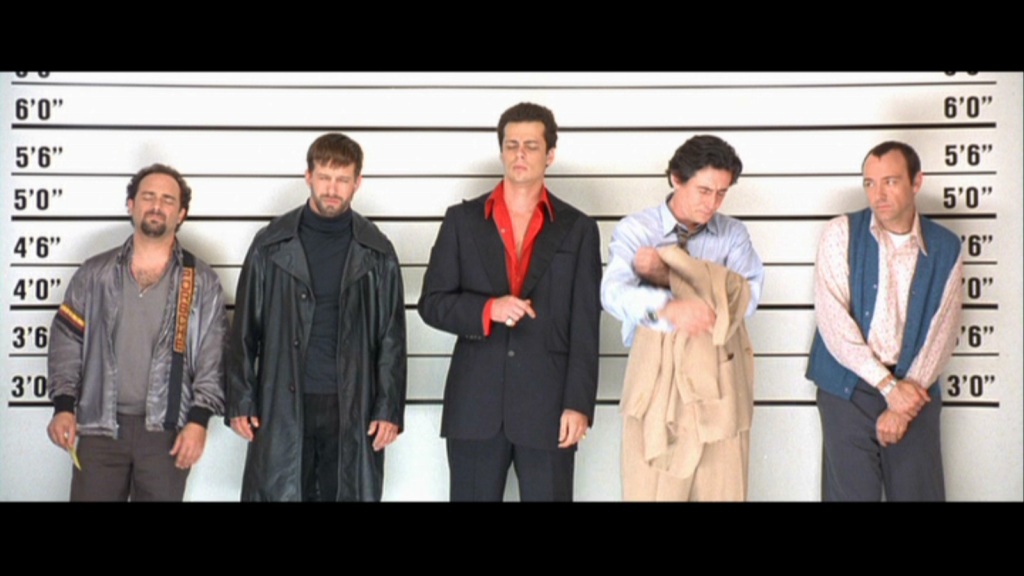
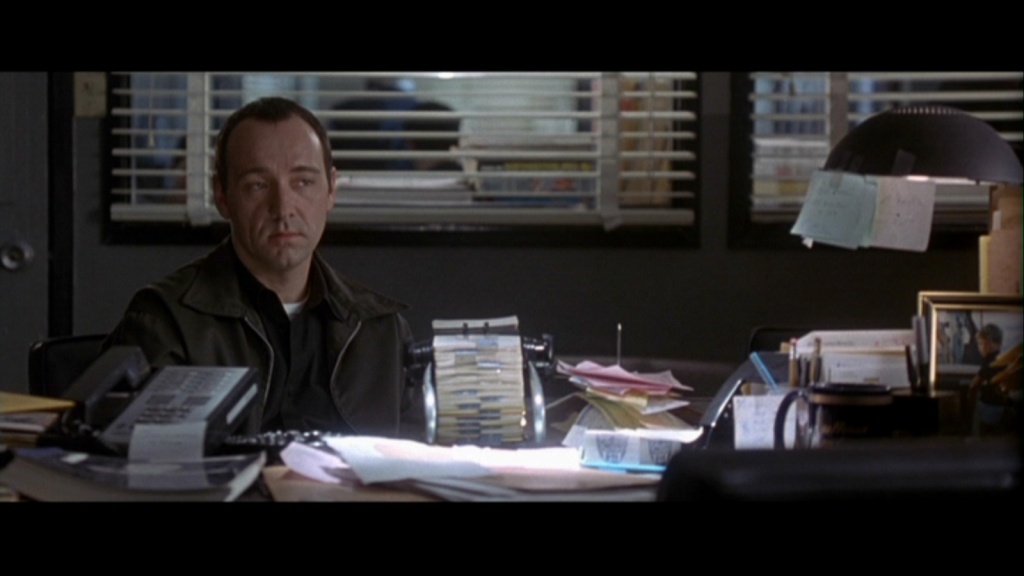
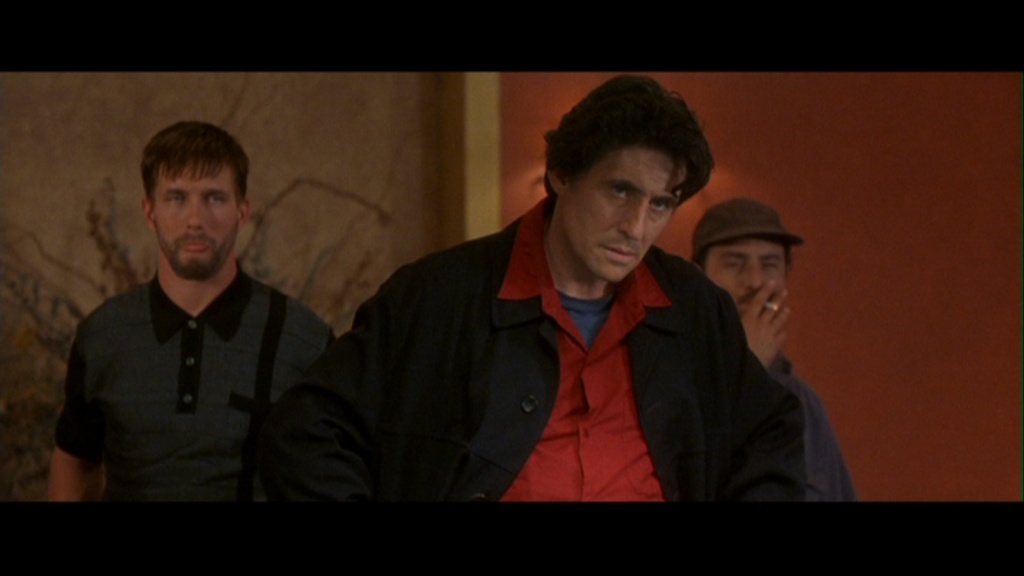
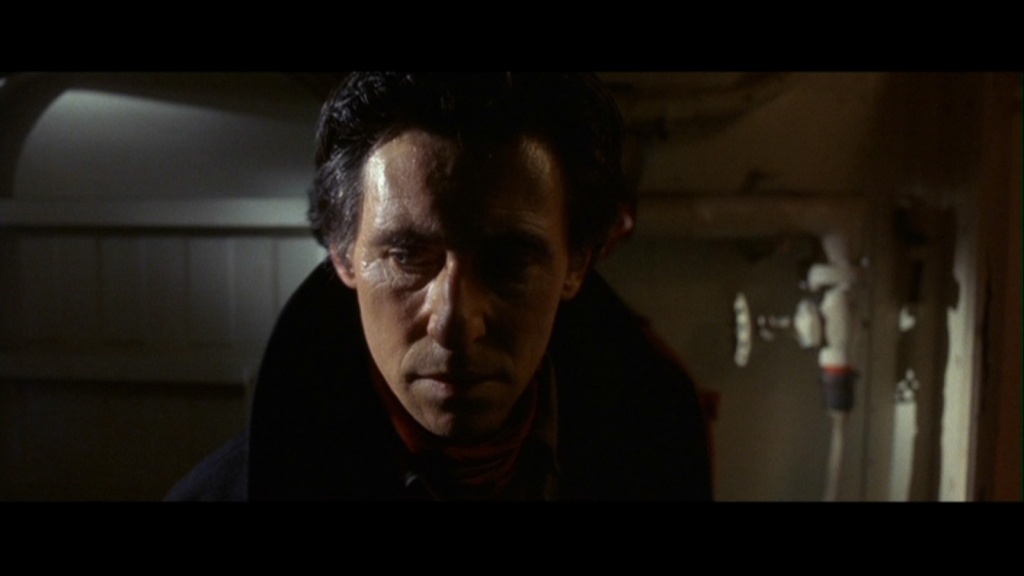
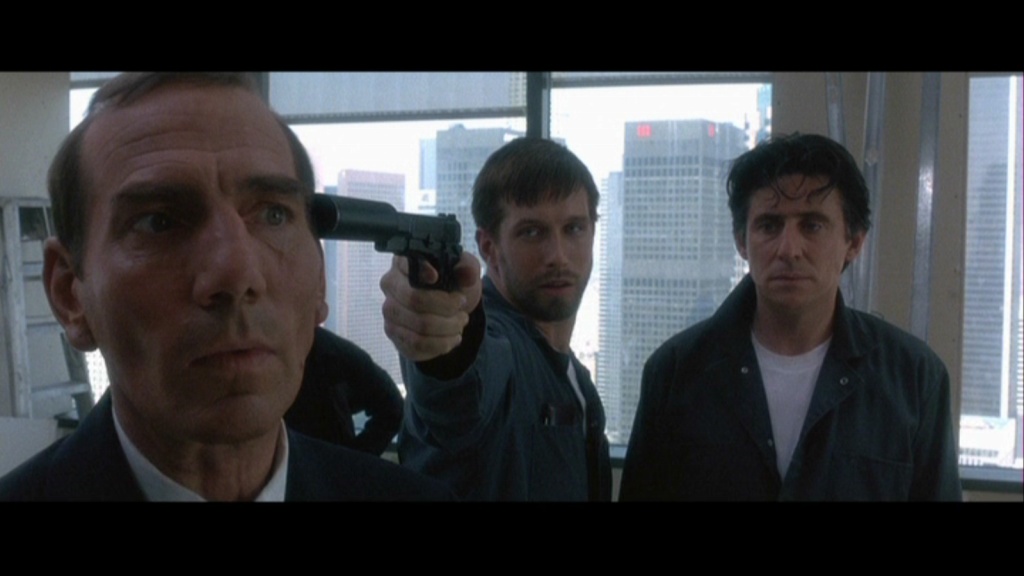

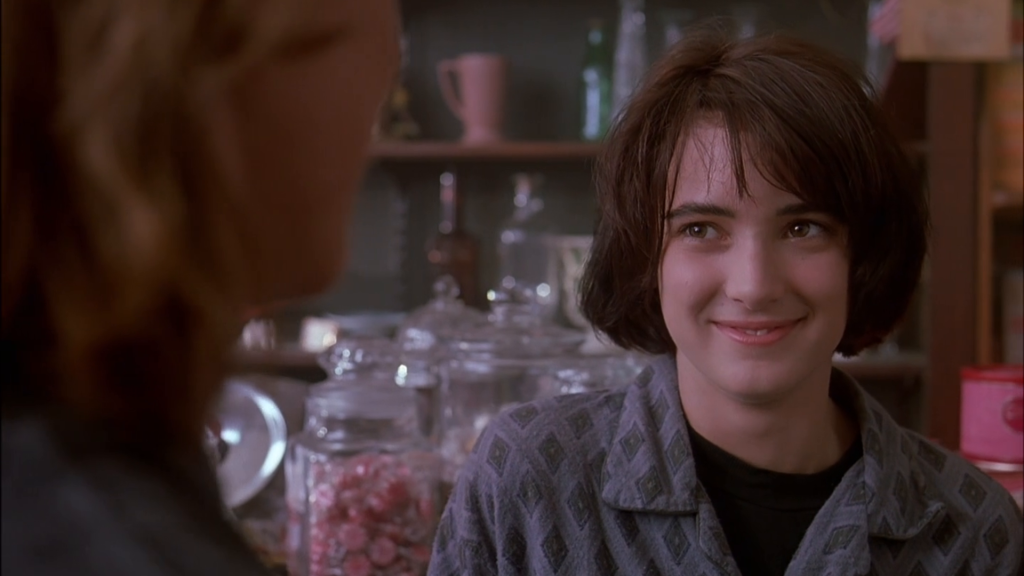
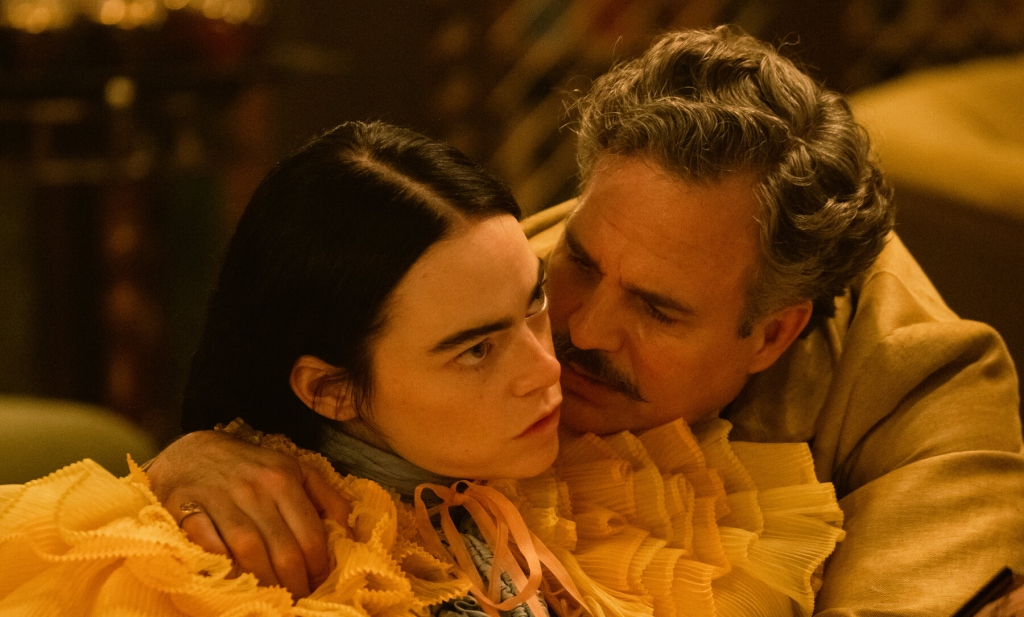
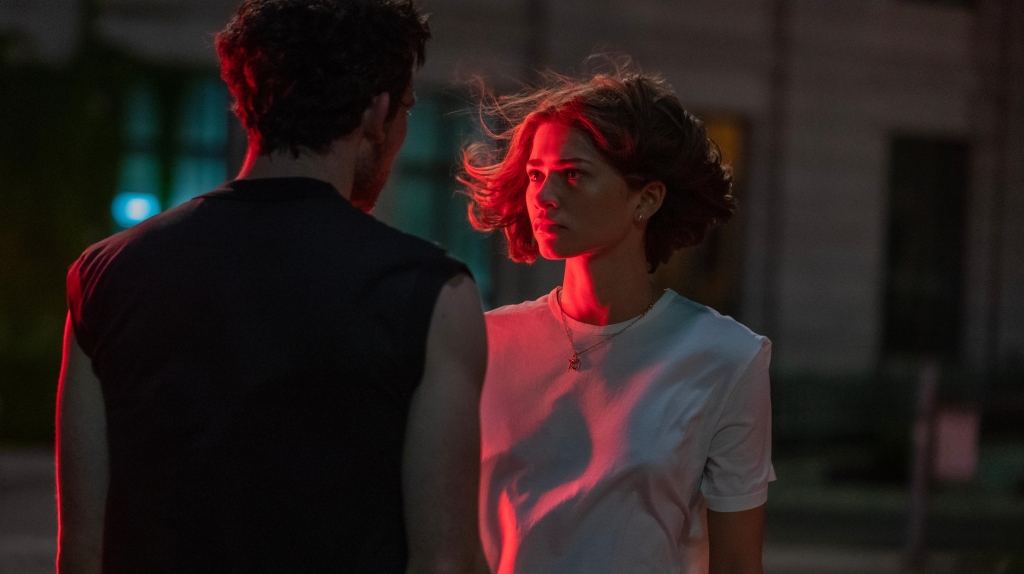
Leave a comment